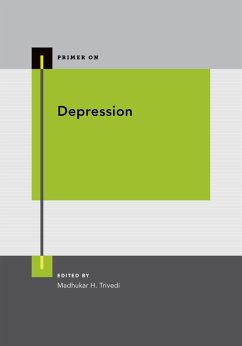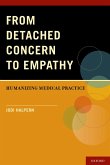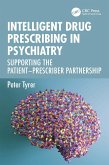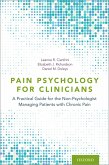Major depressive disorder (MDD) is a serious, debilitating, life-shortening illness that affects many persons of all ages and backgrounds. The lifetime risk for MDD is 7-12% for men and 20-25% for women (Kessler et al., 2003). MDD is a disabling disorder that costs the U.S. over $200 billion per year in direct and indirect costs (Greenberg et al., 2015), and is the leading cause of disability worldwide (WHO, 2018). Depression also has detrimental effects on all aspects of social functioning (e.g., self-care, social role, and family life, including household, marital, kinship, and parental roles). While there have been several treatments that are efficacious, many individuals suffering from depression experience life-long challenges due to the chronic and episodic nature of the disease. Identifying strategies to find the right treatments for the right patients is critical. Ongoing research has explored the importance of examining physiologic biomarkers, as well as clinical characteristics to gain a better understanding of subtypes of depression, which will lead to improved treatments and better outcomes. This book provides an introduction to the etiology and pathophysiology of depression, common comorbidities and differential diagnoses, pharmacotherapy strategies, psychotherapeutic and neuromodulation interventions, novel and non-traditional treatment strategies, and considerations in special populations.
Dieser Download kann aus rechtlichen Gründen nur mit Rechnungsadresse in A, B, BG, CY, CZ, D, DK, EW, E, FIN, F, GR, HR, H, IRL, I, LT, L, LR, M, NL, PL, P, R, S, SLO, SK ausgeliefert werden.









